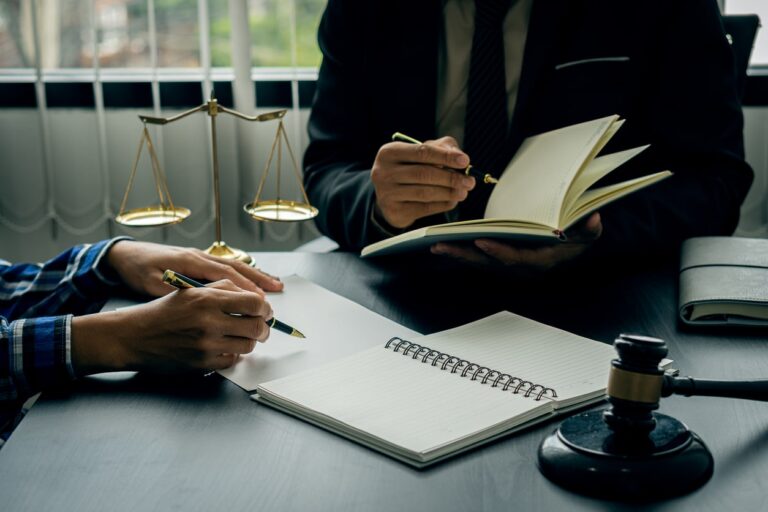How to Find a Lawyer in Your Area: A Comprehensive Guide
Finding the right lawyer can be a daunting task, especially when you’re facing legal issues that could significantly impact your life. Whether you need a personal injury attorney, a family lawyer, or a criminal defense specialist, it’s crucial to find a legal professional who is both skilled and conveniently located. In this article, we’ll explore how to find a lawyer in your area, provide tips on selecting the best legal representation, and highlight some top law firms in the USA, Australia, UK, and Canada.
1. Understand Your Legal Needs
Before beginning your search for a lawyer, it’s essential to clearly define your legal needs. Different types of lawyers specialize in various areas of law, so knowing what type of legal assistance you require will help narrow down your options. Here are some common legal areas:
- Personal Injury Law: If you’ve been injured due to someone else’s negligence, a personal injury lawyer can help you seek compensation. Consider firms like Morgan & Morgan (USA) and Slater and Gordon (Australia).
- Family Law: For issues related to divorce, child custody, or adoption, you’ll need a family lawyer. Notable firms include Divorce Lawyers of Toronto (Canada) and Resolution (UK).
- Criminal Defense: If you’re facing criminal charges, a criminal defense attorney will be crucial. Look into The Law Offices of Michael S. Discioarro (USA) and Kingsley Napley LLP (UK).
- Estate Planning: For wills, trusts, and estate management, consult with estate planning attorneys such as Baker McKenzie (USA) and Mills Oakley (Australia).
2. Research Local Lawyers and Law Firms
Once you’ve identified the type of lawyer you need, start researching local law firms and attorneys. Utilize online resources such as:
- Legal Directories: Websites like Avvo, FindLaw, and Lawyers.com provide directories of lawyers by location and practice area.
- Local Bar Associations: Most regions have local bar associations that can provide referrals to qualified attorneys. Check the American Bar Association (USA), Law Society (UK), Law Institute of Victoria (Australia), and Canadian Bar Association (Canada) for resources.
- Online Reviews and Ratings: Read reviews on platforms like Google Reviews, Yelp, and Trustpilot to gauge the experiences of other clients with specific lawyers.
3. Evaluate Lawyer Qualifications
When assessing potential lawyers, consider the following factors:
- Experience: Ensure the lawyer has substantial experience in handling cases similar to yours. Check their background, including years of practice and past case results.
- Reputation: Look for lawyers with a strong reputation in the legal community. Awards, recognitions, and peer reviews can indicate a lawyer’s credibility.
- Specializations and Certifications: Verify that the lawyer holds any relevant certifications or specializations that are pertinent to your case. For example, some lawyers are board-certified in specific areas of law.
- Consultations: Many lawyers offer free initial consultations. Use this opportunity to discuss your case, ask questions, and assess whether you feel comfortable with their approach.
4. Consider the Lawyer’s Fees
Understanding how a lawyer charges for their services is crucial. Common fee structures include:
- Hourly Rates: Lawyers charge based on the time they spend on your case. Ensure you understand their hourly rate and estimate the total cost.
- Contingency Fees: In personal injury and some other cases, lawyers may work on a contingency fee basis, meaning they only get paid if you win the case. This is typically a percentage of the awarded amount.
- Flat Fees: For certain services, like drafting a will or handling an uncontested divorce, lawyers might charge a flat fee.
- Retainers: Some lawyers require a retainer fee upfront. This is an advance payment against future services.
Make sure to clarify the fee arrangement during your consultation and get a written agreement outlining all costs involved.
5. Check for Professional Associations and Memberships
Membership in professional associations can indicate a lawyer’s commitment to their field and ongoing education. Look for affiliations with organizations such as:
- American Association for Justice (AAJ) (USA)
- Australian Lawyers Alliance (ALA) (Australia)
- Solicitors Regulation Authority (SRA) (UK)
- Canadian Bar Association (CBA) (Canada)
6. Make Your Decision
After conducting your research, evaluating qualifications, and considering fees, make an informed decision. Choose a lawyer who not only meets your legal needs but also makes you feel confident and comfortable.
Finding the right lawyer can make a significant difference in the outcome of your case. By following these steps and utilizing resources like FindLaw, Avvo, and local bar associations, you can find a competent and trustworthy lawyer in your area.
For more specific recommendations, explore firms such as The Cochran Firm (USA), Maurice Blackburn (Australia), Hodge Jones & Allen (UK), and Noble Law (Canada).






